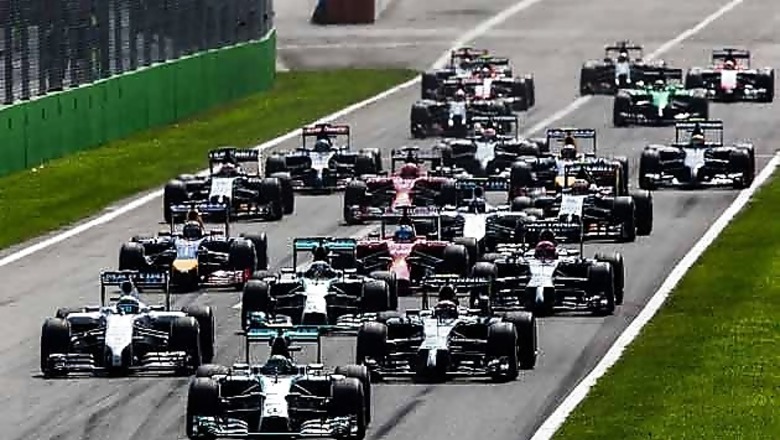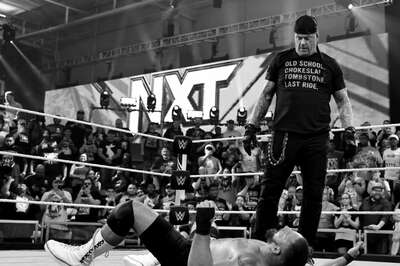
views
Formula One's governing body has banned teams from sending drivers coded messages under a controversial clampdown on the use of radio communications from this weekend's Singapore Grand Prix.
The International Automobile Federation (FIA) issued a follow-up on Monday to a technical directive sent to teams last week in which it gave more information about what they could and could not do during a race weekend.
Banned items on the list, provided to the media by the FIA's Formula One delegate, included "any message that appears to be coded".
Teams were told that the use of pit boards for such messages was also banned.
Other no-nos were answering a direct technical question over the radio from a driver, such as "am I using the right torque map?", and information about the level of fuel saving needed.
Messages that will still be allowed include:
- Acknowledgement that a driver message has been heard.
- Gaps to a competitor during a practice session or race.
- Tyre choice at the next pit stop and the number of laps a driver has done on a set of tyres during a race.
- Information about a competitor's likely race strategy.
The FIA moved to limit radio messages after concern that drivers were getting too much help from the pit wall and engineers.
Formula One's sporting regulations stipulate that "the driver must drive the car alone and unaided" and the stricter interpretation of that rule now effectively limits the amount of assistance from the ranks of engineers reacting to real time information from the car.
Pit to car telemetry that can tweak settings remotely is also banned.
The changes, after 13 of 19 races, has caused some concern about safety implications as well as the impact on fans, who will now hear less chat between drivers and their teams.
That should not worry the likes of Ferrari's Kimi Raikkonen, who famously told his Lotus race engineer in 2012 to 'just leave me alone, I know what I'm doing', but could have an impact on the championship duel between Mercedes team mates Nico Rosberg and Lewis Hamilton.
Fuel consumption is a key concern this season, with the new V6 turbo hybrid power unit and energy recovery systems replacing the thirstier and louder V8s, and teams have been giving drivers plenty of assistance in managing this.
"This is a complex and controversial decision which will require a significant effort from the teams to understand how best we can work around it," Mercedes motorsport head Toto Wolff said of the new directive.
Preparing the cars on the way to the grid will also become more complicated and some insiders have voiced fears that there could be more of a risk of drivers stalling at the start, with dangerous consequences.
The FIA said some measures will only be enforced from the race after Singapore, in Japan.
From Suzuka, teams will be barred from warning their drivers about brake wear or temperatures and giving them information about tyre pressures.

















Comments
0 comment